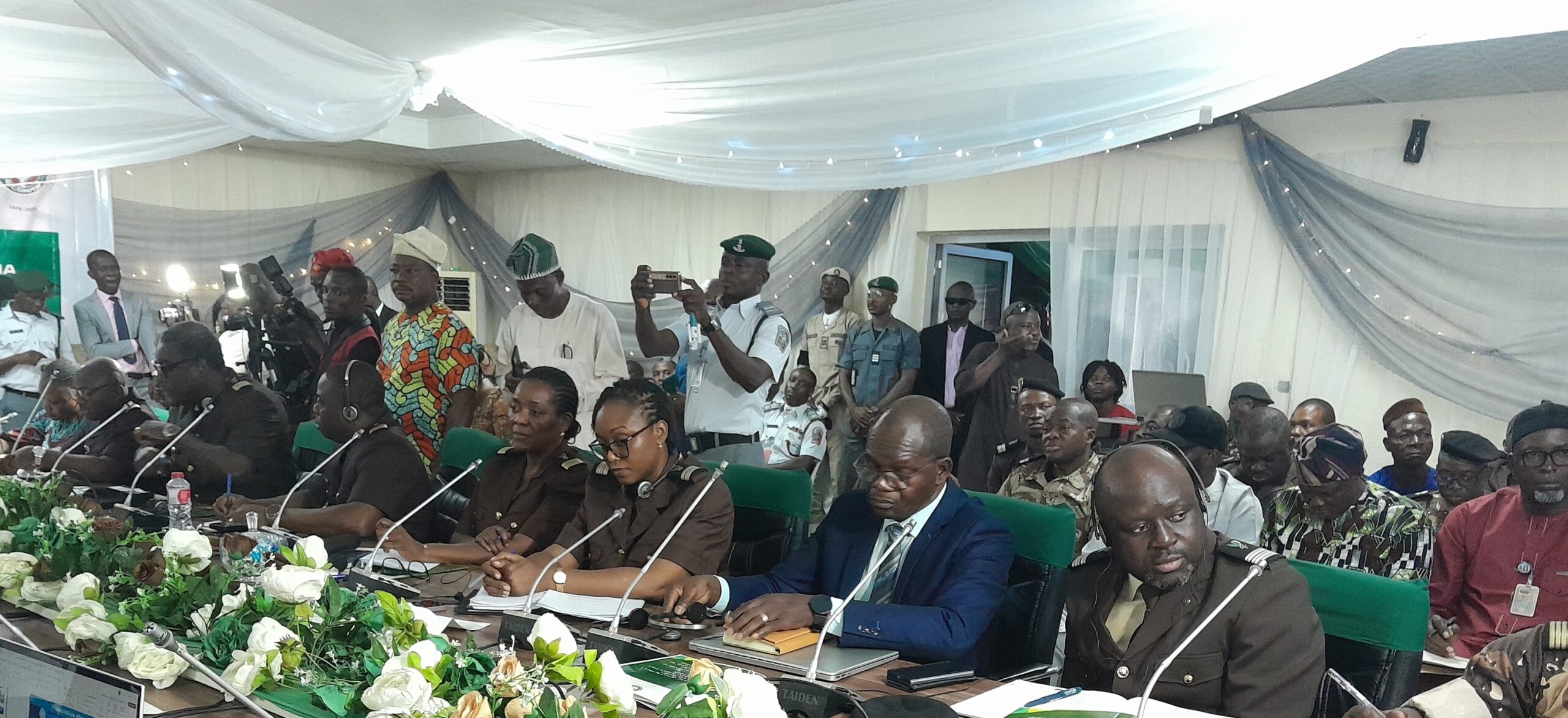SIGMAT: A Landmark Event Leading to Customs Harmonization Between Benin and Nigeria

The launch of SIGMAT (Interconnected Goods Transit Management System) between Benin and Nigeria marks a major milestone for customs integration in West Africa. Initiated in 2019 under the leadership of ECOWAS and with the support of GIZ, the German development agency, this platform was designed to digitize customs operations and secure transit procedures.
Already adopted in nine countries, including Niger, Côte d’Ivoire, Mali, Ghana, and Togo, the system offers several benefits:
- Improved traceability of goods in transit
- Enhanced efforts to combat fraud and cargo diversion along the Nigeria–Benin corridor
- Stronger inter-institutional cooperation for better customs governance

Thanks to this new framework, Nigeria and Benin will now be able to share real-time data on goods in transit. This interconnection of customs IT systems between both countries’ administrations will lead to reduced delays and streamlined administrative processes.
This is a major step forward, representing what Nigerian Minister of Industry, Trade, and Investment, Mr. Adeniyi Adebayo, described as “a powerful demonstration of regional solidarity and institutional leadership,” and also “an important step toward transforming our trade corridors into engines of prosperity, security, and opportunity for the people of West Africa.”
The extension of SIGMAT to Benin and Nigeria brings numerous advantages:
- It boosts cross-border trade
- It aligns with the regional integration goals promoted by the African Continental Free Trade Area (AfCFTA)
- It improves access to the Abidjan–Lagos corridor, facilitating trade flow and increasing the competitiveness of local businesses

However, achieving full customs harmonization and the complete elimination of cross-border barriers will require:
- Expanded training for customs personnel, and
- Strengthened digital infrastructure,
points that Mr. Adeniyi strongly emphasized.





